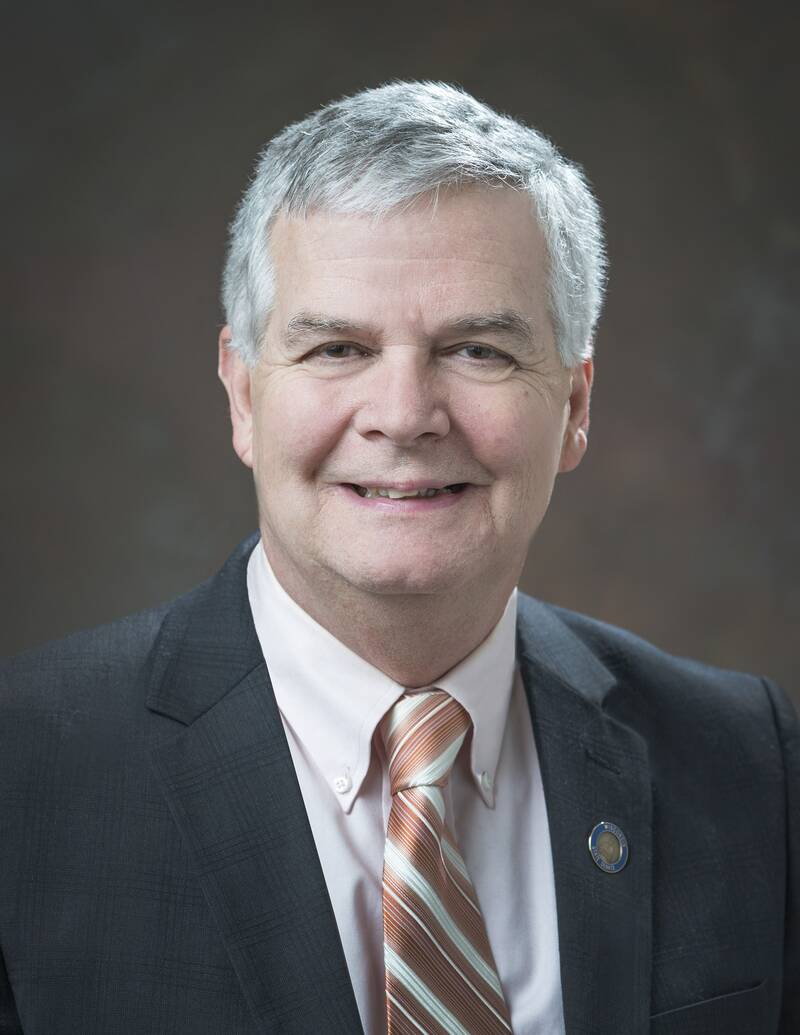As we approach another Election Day, we all feel the heat from both major political parties as they do all they can to get their voters to show up for their candidates. Many voters – if they haven’t already – will stop answering the phone to avoid robocalls. Mailboxes will be filled with full-sized glossy cards and TV ads will play one after another, either celebrating or desecrating a candidate. After November 3rd, we’ll breathe a huge sigh of relief that it’s all over, at least until another campaign cycle comes around.
While we may all tire of the incessant campaign calls and mail, we should be mindful of who’s responsible for creating and funding the messages we’re consuming every day. As American citizens, we have the awesome right to vote and participate in our democracy. But, with this right comes the responsibility to do our research and understand the motives of each candidate.
Most of the campaign advertisements you see don’t come from candidates directly. The fact is, many of these advertisements appearing on TV or in the mail are usually paid for by organizations you’ve never heard of before. These advertisements are paid for by donors hiding behind laws that protect them from disclosing who they are.
Like many Americans, I believe that any effort to sway your opinion should be disclosed and open to public scrutiny. After all, if someone is paying for ads disparaging someone – or praising someone for that matter – then they should have to make public who they are and why they believe what’s being said. And, of course, voters shouldn’t automatically believe every word they hear or read just because it’s dramatically presented in a colorful ad. But the laws, as they currently stand, give most special interest groups a pass from disclosing who’s really behind these campaign messages.
If the ad doesn’t say “vote for” or “vote against,” these are considered “issue ads” rather than campaign ads, which means a report doesn’t need to be filed disclosing the ads’ donors. This is different for candidates, who are obligated to file finance reports listing their donors, the donor’s address and even their occupation and employer.
When most people think of campaign finance laws, they think of all the money donated by individuals and how it’s spent. But, by far, the most money spent during an election is from outside groups who use loopholes, like “issue ads” to hide in the shadows. In fact, many of the behind-the-scenes groups are temporary organizations formed only for this one purpose and during one campaign cycle.
All voters should know the purpose of the message and who’s behind the curtain pulling the levers. Creating a non-partisan redistricting commission and public awareness behind “issue ads” are the most needed reforms to keep our democracy strong.
Now, of course, social media has elevated campaign claims to a whole new level of dishonesty with minimal effort to reveal who’s responsible for the spread of misinformation. For the most part, we are very trusting people, which makes it difficult to question claims, even if they’re exaggerated or simply untrue. This all leads to a greater burden on each of us to fact check what appears on our newsfeed or find proof to back up a statement.
Day after day, we’re fed disinformation that can sway our decisions or lead us to misbelieve. On top of the persuasive campaign rhetoric during this time of year, there are efforts to prevent Americans from voting. Some elected leaders even go to great lengths to place hurdles in voters’ way or find ways to throw a ballot out. Despite these efforts, I’m confident that each Wisconsin voter will have their ballot counted. If voting early, remember to have a witness signature, mail your ballot early or turn it into your polling location by November 3rd.
In the final week before Election Day, stay informed and vigilant. You have the power to silence the special interest groups by voting and having your voice heard. Vote early or on Election Day, but VOTE!



Add new comment